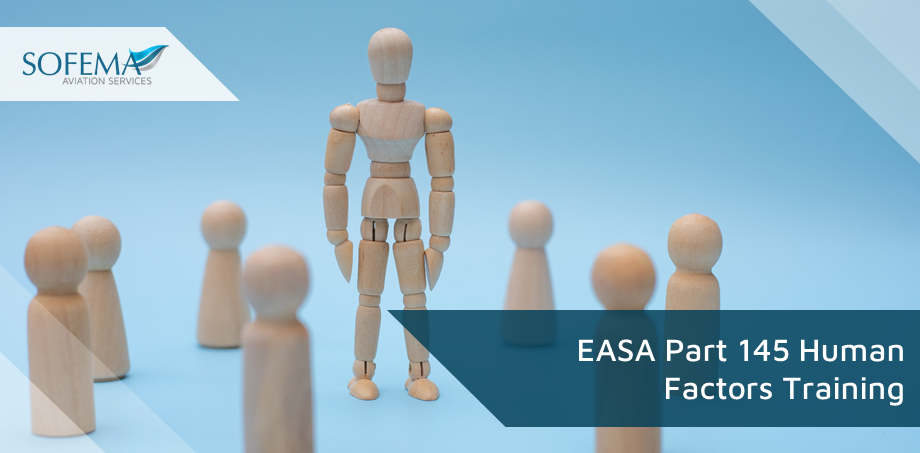Sofema Aviation Services (SAS) www.sassofia.com considers key issues – best practices, challenges and steps to ensure maximum engagement in EASA Part 145 Human Factors Training – Trainer Personal Development & Coaching.
Introduction – Key Issues
- Ensuring trainers fully understand the EASA Part 145 regulations and how they relate to human factors.
- Maintaining high levels of engagement and interaction among trainees.
- Trainers need to improve their skills and knowledge continually.
- Ensuring that training is practical and applicable to the trainees’ everyday work.
- Catering to different learning styles and needs within a group of trainees.
Best Practices
- Interactive Training Methods: To make training sessions more engaging, utilize interactive training methods such as workshops, group discussions, and real-world scenarios.
- Regular Updates and Refreshers: Provide regular updates and refreshers to keep the content relevant and current.
- Feedback Mechanism: Implement a robust feedback mechanism to understand the effectiveness of the training and areas for improvement.
- Case Studies: Use case studies and examples from actual incidents to illustrate the importance of human factors in aviation maintenance.
- Finding the right balance between theoretical knowledge and practical application.
- Addressing cultural differences and language barriers among trainees from diverse backgrounds.
Steps to Ensure Maximum Engagement
- Trainers should engage in continuous professional development and attend relevant courses and workshops.
- Establish mentorship programs where experienced trainers can guide less experienced ones.
- Trainers should regularly self-assess and reflect on their training methods and effectiveness.
Coaching
- Goal Setting: Set clear, achievable goals for each training session.
- Adapt coaching techniques to meet the individual needs of each trainee.
The effective delivery of adult training, especially in the context of EASA Part 145 human factor training, can be hindered by various challenges. Here are several factors that can create challenges:
Psychological Factors
- Adult learners must often see the training’s direct relevance and benefits to their work to stay motivated.
- Pre-existing attitudes and beliefs about training and human factors can affect engagement and receptiveness.
- High levels of stress and fatigue can significantly impede the learning process.
- Adults may resist new concepts or changes in established procedures, particularly if they feel their existing methods are sufficient.
Cognitive Factors
- Adults have diverse learning styles (visual, auditory, kinesthetic, etc.), and training programs may not always cater to all these styles.
- As adults age, their ability to memorize and retain new information can diminish.
- Variability in prior knowledge and experience can make it challenging to design a one-size-fits-all training program.
Organizational Factors
- Balancing training with work responsibilities can be challenging for adults, leading to time constraints.
- Lack of support from supervisors or management can undermine the importance of training.
- An organizational culture that does not prioritize or value training can lead to poor attendance and engagement.
- Training methods that do not engage learners can lead to boredom and disengagement.
- Lack of opportunities to apply learning in practical scenarios can hinder retention and understanding.
- Poor group dynamics or lack of cohesion can affect collaborative learning.
- Negative attitudes or lack of peer interest can influence an individual’s engagement with the training.
- The trainer’s skills, knowledge, and ability to engage and motivate learners are crucial for effective training delivery.
Next Steps
Follow this link to our Library to find & download related documents for Free.
Sofema Aviation Services (www.sassofia.com) and Sofema Online (www.sofemaonline.com) provide Human Factors, Safety and Maintenance Event Decision Aid (MEDA) Training, together with Training for Trainers in the mentioned Courses. Delivered as Classroom, Webinar and Online courses – Please see the respective websites or email team@sassofia.com
Tags:
Aviation Maintenance, Human Factors, SAS blogs, EASA Part 145 Training, Professional Development, Trainer Development, Aviation Coaching Techniques, Engagement in Adult Learning, Interactive Training




